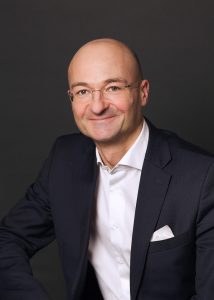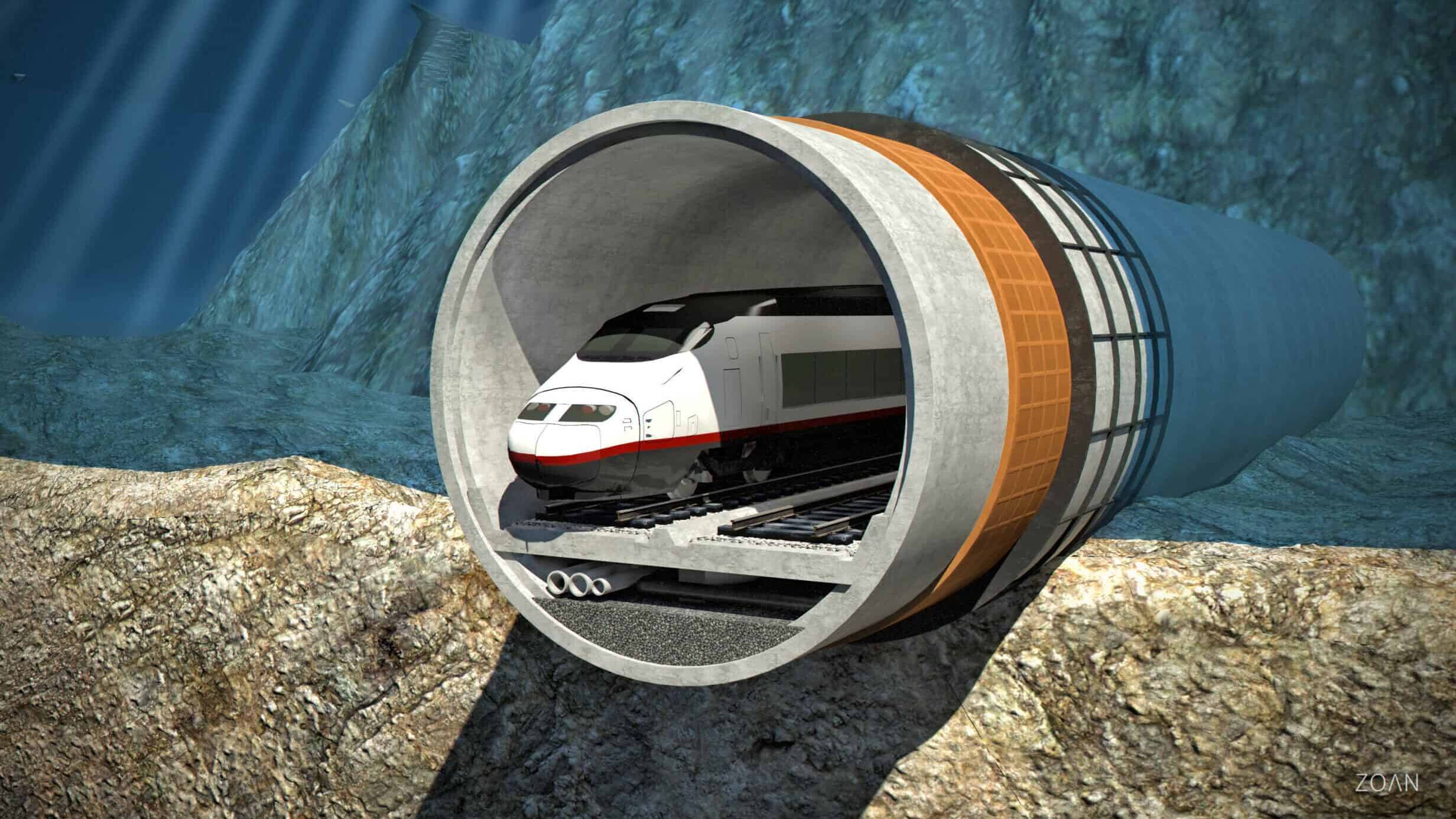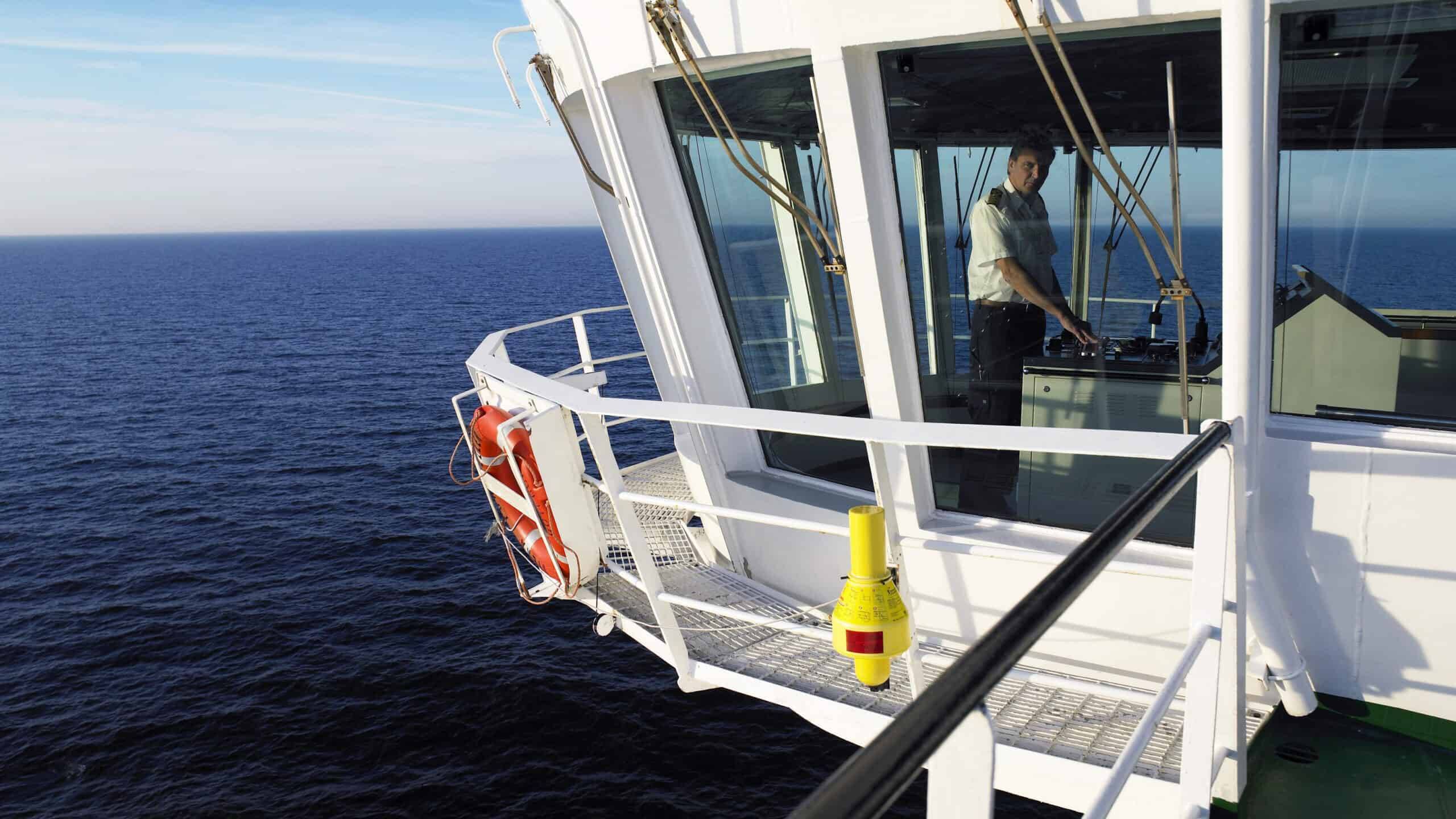Agriculture is entering the digital age, and venture capital is pushing this transformation forward. AgriTech is no longer a niche, but a multi-billion market. This has given rise to a few venture capital funds specialized on this topic. Julie Peyrache and Tom Espiard from Capagro told us why they invest in this space.

Investment Director, Capagro
Julie Perache is Investment Director at Capagro. She graduated from AgroParisTech.

CEO, Capagro
Tom Espiard-Cignaco is Chairman of the Management Board of Capagro. He has more than 10 years of experience in Venture Capital and has worked for a decade in investment banking doing M&A in tech and telecoms.
Capagro was founded in 2014 as the first French (and European) VC dedicated to food and agriculture. It has raised EUR 124 million in its first fund. At the start of April 2019, it had invested about half and held 11 companies in its portfolio. Capagro plans to invest the second half over the next two years. Capagro is focused on its home territory but can invest up to 30% of its fund size outside France. Among Capagro’s investors are both financial players (e.g. Crédit Agricole) and industrial companies such as Bel Group, a large cheese producer.
Many venture capital firms are obsessed with rapidly growing software firms. Contrary to that, farmers live according to the rhythm of the seasons. They might seem to be largely untouched by change. Why, then, start an Agtech venture capital fund?
Tom: Agriculture is changing rapidly. This transformation is driven by the need to stay competitive and become more productive, as well as the need for sustainable production methods. It’s true that the sector as a whole is late to enter the phase of innovation. But the beauty of this is: agriculture needs to catch up, which is why we find plenty of good opportunities.
Here in France, food is almost sacred. How does this go together with this transformation you mentioned?
Tom: The desire to eat a healthy and safe product is a global megatrend, not just a local thing. Assuring that what you put into your mouth isn’t harmful has become a big topic after all the food scandals in the past. This informs our investments. BoMill for example, one of our portfolio companies, allows removing mycotoxins from grain crops. This is important for food safety because these toxins aren’t destroyed by milling or baking. Another important aspect is traceability, assuring the provenance of products and their transport conditions. This is a very promising domain. Our portfolio startup eProvenance is active in this space. And with Agriconomie we have an e-procurement platform, it doesn’t get more digital than that.
Julie: Food is much more today than just nutrition, it has to correspond to many different needs from people that are in different situations in life. Think functional food for athletes or food adapted for babies and children, a space in which our portfolio company Yoojii is active. Referring to the transformation you mentioned, I think that consumers have lost a lot of confidence in big brands. This has opened up the market to new actors. Big brands must change the way they do business if they want to stay relevant, not just the way they communicate.
Food is much more today than just nutrition
You mentioned several of your portfolio firms. Do they have something in common?
Tom: The common theme that holds our portfolio together is the wish of the consumer to consume a high-quality product. The value chain from seed to plate is long and complicated, and we think you should have a good understanding of it if you want to invest in AgTech.
Is this why several of your team members, including you, Julie, have graduated from AgroParisTech?
Julie: Yes, it is an agricultural engineering school which gives you a good scientific base and a profound understanding of the technologies in agriculture. This makes it easier to connect with entrepreneurs. They feel at ease because we speak a common language.
Your investors include large industrial players in the food industry like Bel Group. Do you exchange know-how with them as well?
Tom: Of course the competences of our investors are relevant to what we do. We have a monthly discussion about the deal flow and quarterly thematic meetings. On top of that, we can call on a committee of industry experts and researchers that helps with specific technical questions whenever the need arises.
Many large corporations have their own corporate venture arm today. Your investors preferred to invest in your fund instead. Why?
Tom: Joining forces means spreading the risk associated with venture capital. Another reason is to have a large and specialized team. From our viewpoint, the main rationale to establish Capagro was to fill the funding gap that existed in early stage Agri- and Foodtech.
Switzerland-based Combagroup is one of Verve Ventures’ and Capagro’s two co-investments. At the start of April, Combagroup opened its first commercial greenhouse with 5000 square meters in France. How was the inauguration ceremony?
Tom: We’re really proud of this important milestone for Comba Group. They have developed an environmentally friendly way to grow salad which uses much less water. It is a joy to see the healthy and organic product. Furthermore, this story shows the beauty of our approach. The greenhouse is a joint venture between Combagroup and Les Crudettes, which is one of our investors via LSDH, its parent company. Establishing market access through our investor base is an inherent advantage of our model.
Establishing market access through our investor base is an inherent advantage of our model.
The second co-investment Capagro and Verve Ventures did is Ecorobotix. What convinced you to invest?
Julie: Ecorobotix has a strong team and compelling technology. The use of robots in agriculture and the reduction of labor is inevitable. Ecorobotix and Naïo, another of our portfolio companies, will be, with their technology, know-how and brand recognition, prime targets for industrial players in the future.
We talked about startups active in many different fields. How interesting are the different sectors in AgTech and Foodtech?
Julie: When we started to map the market we identified around 70 different sub-sectors in AgTech and FoodTech. It would be impossible nor relevant to be active in all of them. We identified the most promising ones by narrowing them down to about a dozen, considering market size, growth rate, industry profitability and strategic fit with our investors. We came up with a list that includes biological pest control, specialized food ingredients, personal nutrition, microbiome, pet food, compostable plastics, and others. All these fields are multi-billion markets in their own right.
Would you invest in genetically modified crops?
Tom: We take a pragmatic approach. Nothing keeps us from looking at startups using genetical modification such as new and emerging gene editing technologies, but regulation in the EU means you can’t invest blindly.
How will Capagro’s position in the venture capital industry evolve?
Julie: Capagro is the only French VC specialized in Food and Agriculture, but we see more and more generalist VCs making forays in this space. This means we’ll surely do more co-investments with them. Better access to capital is great for the startups and we’re happy to work together with other VCs. The day of fierce competition between VCs in AgTech still seems far away. If we’ll get there, it will underscore that our approach is right.
Written by
WITH US, YOU CANCO-INVEST IN DEEP TECH STARTUPS

Verve's investor network
With annual investments of EUR 60-70 mio, we belong to the top 10% most active startup investors in Europe. We therefore get you into competitive financing rounds alongside other world-class venture capital funds.
We empower you to build your individual portfolio.
More News
19.09.2022
“Europe needs to come together”
Finnish entrepreneur Kustaa Valtonen invested in the first batch of Startup Sauna companies more than a decade ago. Now, he plans to build the world’s longest railway tunnel together with the Mighty Eagle. Europe could be the global startup powerhouse if there were more cross-border collaboration and if politicians got their act together, he says in this interview.
22.02.2022
“We think
in decades”
Stena (Switzerland) joins Constructive Venture Fund as the fifth founding partner. In this interview, Andy Boehm and Per Hellberg explain why one of Sweden’s largest owners of real estate invests in venture capital and how they can contribute more than just capital to a startup’s success.
12.11.2020
The big data myth
Data is more than abundant. But instead of creating value out of this “new oil”, companies struggle to work with the data they already have. In order to change that, a completely new approach is needed, explain Prof. Anastasia Ailamaki and Lars Färnström from RAW Labs in this interview.
Startups,Innovation andVenture Capital
Sign up to receive our weekly newsletter and learn about investing in technologies that are changing the world.




